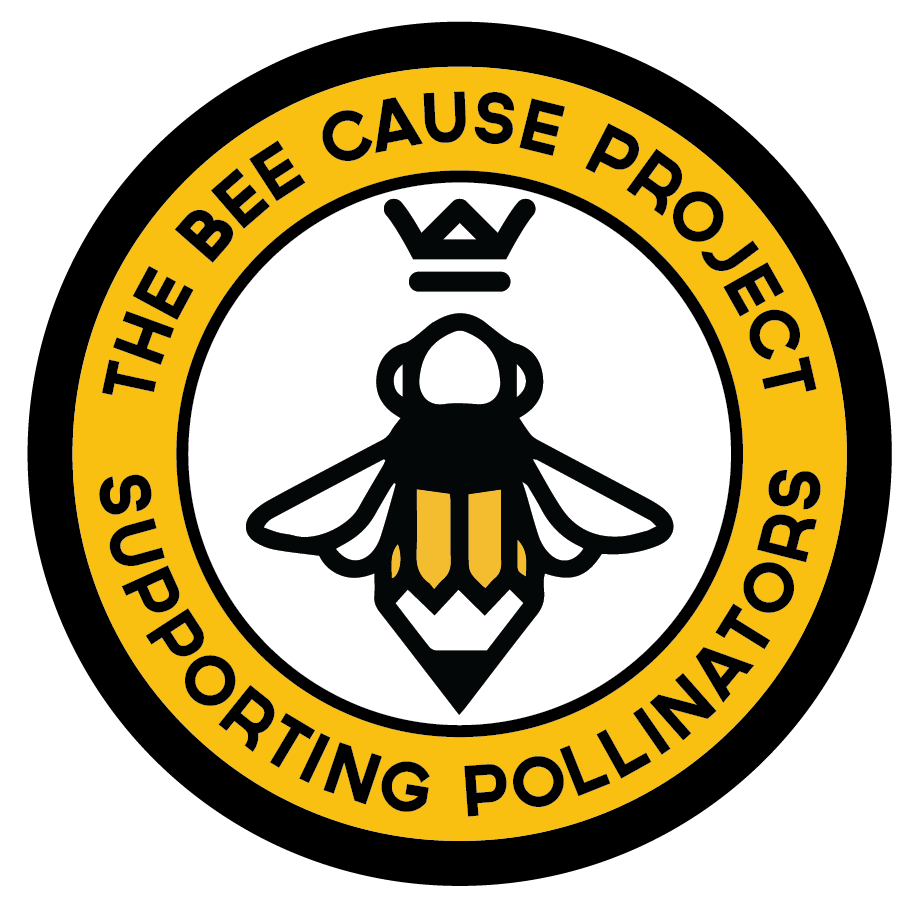Why bees are essential to biodiversity – And What That Means for Your Lunchbox

As families head back to school, we’re thinking about healthy routines, fresh lunches, and smart choices for a better planet. But have you ever stopped to think about who’s behind the food in your lunchbox? Spoiler alert: it’s not just farmers and grocery store clerks. It’s bees!
Bees and Biodiversity: A Small Insect with a Big Job
Bees are much more than honey-makers. These tiny pollinators play a massive role in sustaining biodiversity – our planet’s variety of life. Without bees, ecosystems would lose the plants that depend on pollination, and with them, the animals and humans that rely on those plants for food.
In fact, bees are responsible for pollinating over 75% of flowering plants and nearly one-third of the food we eat. From crisp apples to juicy strawberries, crunchy carrots to nutty almonds, bees are working behind the scenes to keep our plates (and lunchboxes) colorful and nutritious.
What’s at Stake?
The loss of bee populations threatens global biodiversity and food security. When bees disappear, so do the plants they pollinate – impacting everything from ecosystems to economies. And with biodiversity in decline around the world, protecting pollinators is more urgent than ever.
That’s why we at The Bee Cause believe education is the first step in conservation. Through our programs and partnerships, we help students learn about the connections between bees, biodiversity, and everyday choices.
A Lunchbox-Sized Impact
This fall, we’re proud to team up with O2C Brands for a Back to School campaign that supports sustainable habits and environmental learning. Reusable lunch gear is one simple but powerful way to reduce waste – and by choosing plant-based, bee-pollinated foods, you’re also supporting biodiversity.
Here are three quick ways to make your lunchbox pollinator-friendly:
- Pack the produce. Apples, blueberries, cucumbers, grapes, and melons are just a few bee-dependent foods.
- Choose local and organic when you can. These farming methods tend to be more pollinator-friendly.
- Skip the single-use plastics. Bees thrive in clean, healthy environments – and so do we. Try a LunchBots Bento Box as a sustainable solution for school lunch packaging.
Let’s Learn Together
At The Bee Cause Project, our mission is to empower the next generation of environmental stewards. Through classroom hives, online resources, and community partnerships, we connect kids with the natural world—one bee at a time.
So as you gear up for the new school year, think of your lunchbox as a classroom too. It’s filled with lessons about food systems, sustainability, and the surprising power of pollinators.
Want to learn more? Explore our free educational resources or check out how you can bring a hive to your school.
Because when we protect bees, we protect biodiversity. And that’s a cause worth buzzing about.




